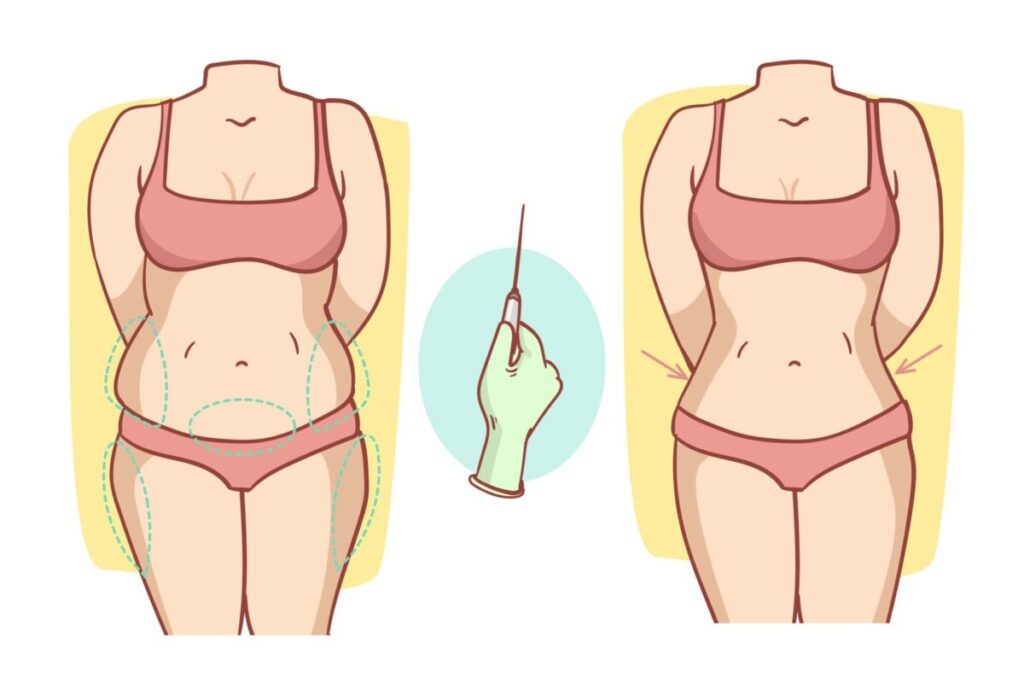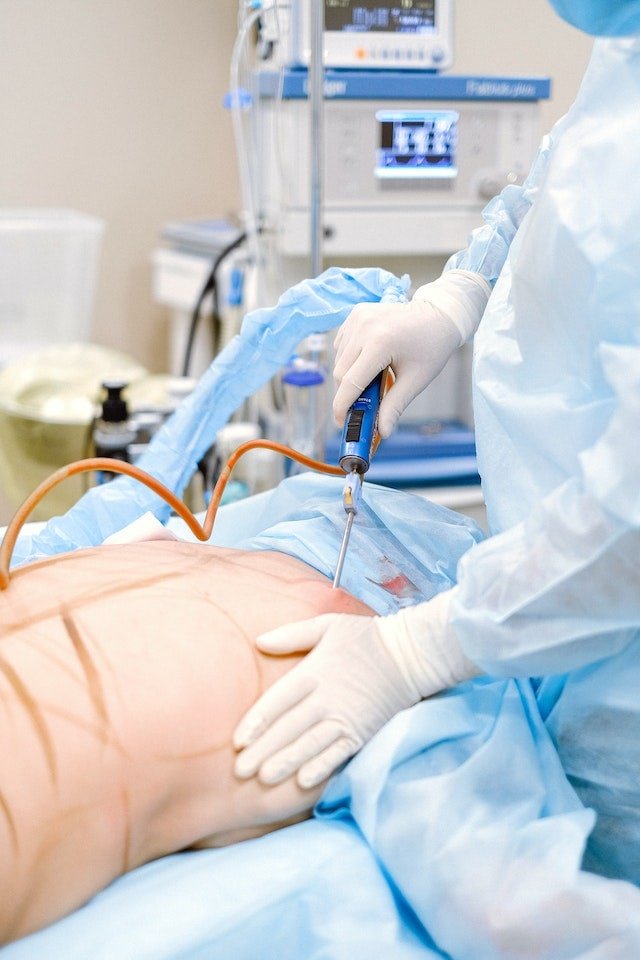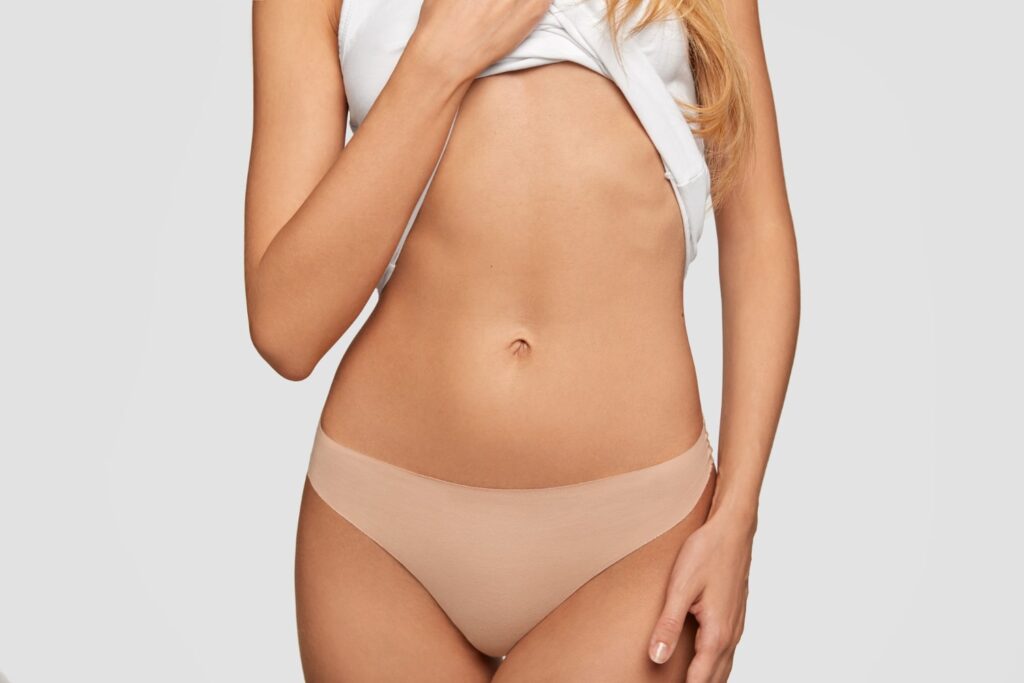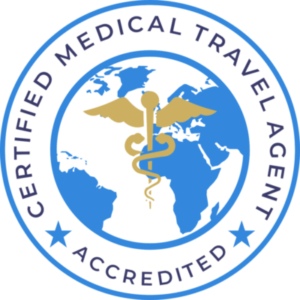best weight loss surgery, plastic surgery, cosmetic surgery, gastric sleeve, gastric bypass, gastric mini bypass, hair transplant, dental treatments, implants , in turkey. Affordable, safe, satisfactory results.
best gastric sleeve surgeon, best plastic surgeon, most safe weight lost hospital in turkey.
Liposuction
in Turkey

What is Liposuction ?
Liposuction is a cosmetic procedure used to remove unwanted body fat. It involves sucking out small areas of fat that are hard to lose through exercise and a healthy diet. It's carried out on areas of the body where deposits of fat tend to collect, such as the buttocks, hips, thighs and tummy.
Liposuction can help to correct and improve the contours of parts of the body it is difficult to shift weight from. The areas that are most commonly treated by liposuction are the tummy, hips, buttocks, thighs, knees, neck and upper arms. Liposuction can also be used to remove lipomas (non-cancerous tumours of fatty tissue) and fatty swellings that can develop under men’s nipples to look like breasts (gynaecomastia).
Procedure Insight
Under General Anaesthesia
Procedure Time
2 Hours
Hospital Stay
1 Day
Avg. Total Stay
7 Days
Recovery
1-2 Weeks
Final Results
6-12 Months
About Liposuction Procedure
What will happen before the liposuction procedure?
You will meet your surgeon to talk about why you want surgery and what you want. The surgeon will make a note of any illnesses you have or have had in the past. They will also make a record of any medication you are on, including herbal remedies and medicines that are not prescribed by your doctor.
Your surgeon will examine you, and may take some photographs for your medical records. They will ask you if you want to have someone with you during the examination, and ask you to sign a consent form for taking, storing and using the photographs.
The surgeon will measure your height and weight to make sure that it is safe to do an operation. If you are overweight, or planning to become pregnant, your surgeon may suggest delaying your operation.

How is liposuction procedure performed?
Liposuction is carried out using a thin tube called a cannula that is inserted through tiny cuts in the skin. The cannula is used to loosen the fat and make the body part being treated a nicer shape. Next, a special suction device is attached to the cannula, and the fat is sucked from the body. Finally, the cuts in the skin are sewn up.
There are some slightly different techniques. Some surgeons inject the area being treated with solutions (known as a wet or tumescent technique), and others do not. Suction is usually performed with a powerful vacuum machine, but it is sometimes possible to use a simple syringe for small areas. Ultrasound assisted lipectomy, where ultrasound waves are used to help disrupt the fat cells and make them easier to remove, is another technique.
How can I help for liposuction procedure to be a success?
Be as healthy as possible. It is important to keep your weight steady with a good diet and regular exercise.
If you smoke, stopping at least six weeks before the operation will help to reduce the risk of complications. Do not worry about removing hair near where cuts will be made, but do have a bath or shower during the 24 hours before your operation to make sure that the area is as clean as possible. You should avoid using aspirin or anti-inflammatory drugs for two weeks before the operation. If you are anaemic, you should take iron tablets. Your surgeon may advise you to stop taking the contraceptive pill if the liposuction is going to be extensive, perhaps involving cutting skin away.
What are the main risks and complications of liposuction?
As with all operations, there are risks involved in having liposuction. Although the risks are unlikely, it is important to weigh them up against the potential benefits of the surgery. Discuss each of them with your plastic surgeon to make sure you understand the potential complications and consequences.
- Scars: There will be small scars from the surgery, usually in places that are not usually visible. These will usually be red at first, then purple, and then fade to become paler over 12 to 18 months. Occasionally, scars may become wider, thicker, red or painful, and you may need to have surgery to correct them.
- Friction burns: The cannula rubbing against the skin can cause friction burns. They are usually mild and will settle with time.
- Bruising and bleeding: Bruising is very common after liposuction, but heavy bleeding is rare. Any bleeding usually happens immediately after, or soon after, surgery. Before the surgery your surgeon will discuss any medicines that increase your risk of bleeding, and it is important to control high blood pressure.
- Seroma: This is where fluid collects in the areas where the liposuction has been performed. It may need to be drained by having a needle through the skin, or by having another operation. This can affect the final result.
- Infection and swelling: It is rare for the wounds to get infected, but if they do you may need antibiotics. Inflammation of the veins (thrombophlebitis) can happen around the inside of the knee and inner part of the upper thigh if these areas have been treated. It gradually settles within a few of weeks. Fine thread veins may appear in treated areas.
- Swelling, bruising and pain: After the operation there will be a lot of swelling and bruising of the areas where liposuction was performed. This can take weeks to settle. The larger the area treated, the more swelling and bruising there will be, and it can take weeks to settle. There may be long-term pain, but this is rare. If you are having treatment to your legs, you may find that your ankles are swollen for a few weeks. If your ankles have been treated, they may stay swollen for a few months.
- Asymmetry: This is where the areas where the liposuction was performed are not symmetrical. The contours of the treated areas can sometimes be irregular, particularly if a lot of fat has been removed, but these irregularities are usually minor. If the contours of where you have had liposuction are irregular, you may need more liposuction, or fat grafting (where fat from another area is injected), to smooth out the irregularities. Occasionally, the skin appears to be connected to the deep tissues. This is part of the bruising and will settle in time.
Recovering from liposuction procedure
You will be out of bed on the same day as your surgery. Rest for a few days to allow the fluid in the area you had treated to be absorbed.
If you only had a small amount of fat removed, you should be able to return to work within a few days. However, you may need extra time off if the liposuction was more extensive.You should be back to normal exercise in three to four weeks. Avoid strenuous activity for 10 to 12 weeks. With all activities, start gently.
Do not drive until you feel safe and are comfortable wearing a seatbelt. Check your insurance documents if you are not sure.
You can expect considerable bruising which will be uncomfortable and painful at times. The larger the area treated, the greater the pain will be. The bruising will usually be visible for about a month, but the lumpiness and swelling of deep bruising can take up to six months to disappear, particularly if your tummy or ankles have been treated. As swelling can take a long time to go down, you may not see the full benefit of the liposuction for up to six months. Rarely, a greyish stripe can discolour the skin for several months. This is more common when the ankles have been treated. If you have a tendency to be anaemic, or if you have had a large area treated, you may need to take iron tablets for a month.

Liposuction Aftercare Tips
Fancy a quick chat?
Feel free to connect with us through WhatsApp, for a quick and convenient chat.
Have questions or enquiries regarding our services?
We will answer all your questions, provide you the best advice and recommendations from our highly talented and experienced doctors.
What Is Included In Liposuction Package
- Liposuction
- Transfers between airport – hospital – hotel
- Accommodation
- Assistance for medical services
- Medication and After Care Support
- Special Garment
Check our " How It Works" page for details.
Not knowing what to expect, or what will happen and when... These can be devastating and make you anxious. So, we prepared a detailed timeline of our treatment services in Turkey.
You can also contact us for further information. Our experienced team will help you with your enquiries
Why Choose Us
Safety Features
Certified Instruments
Special Medical Insurance - Valid 12 For Months
- Lifetime aftercare.
Top Facilities
Our Hospitals are Accredited and representing Gold Standards in Hygiene and Quality.
Top Surgeons
Our Surgeons are member of well respected organisations, such as: EBOPRAS , ISAPS and . They are well trained with up-to-date cutting-edge treatments and technology.
Certified Service
Renovated Me team is a certified and registered business. Our team is trained to facilitate hassle-free medical travel for our clients.
No Waiting Time
Affordable Prices
Experience the comfort of having your surgery at the most affordable prices, without any waiting time.

TRAINED TO PROVIDE BEST SERVICE
As Renovated Me, our aim is 100% client satisfaction. Our staff are well trained and equipted with best experience and knowledge within their fields. Our service does not end with the procedure, but also when the client returns to home after treatment, our follow ups and support will still continue, making sure they are feeling well and getting results.
